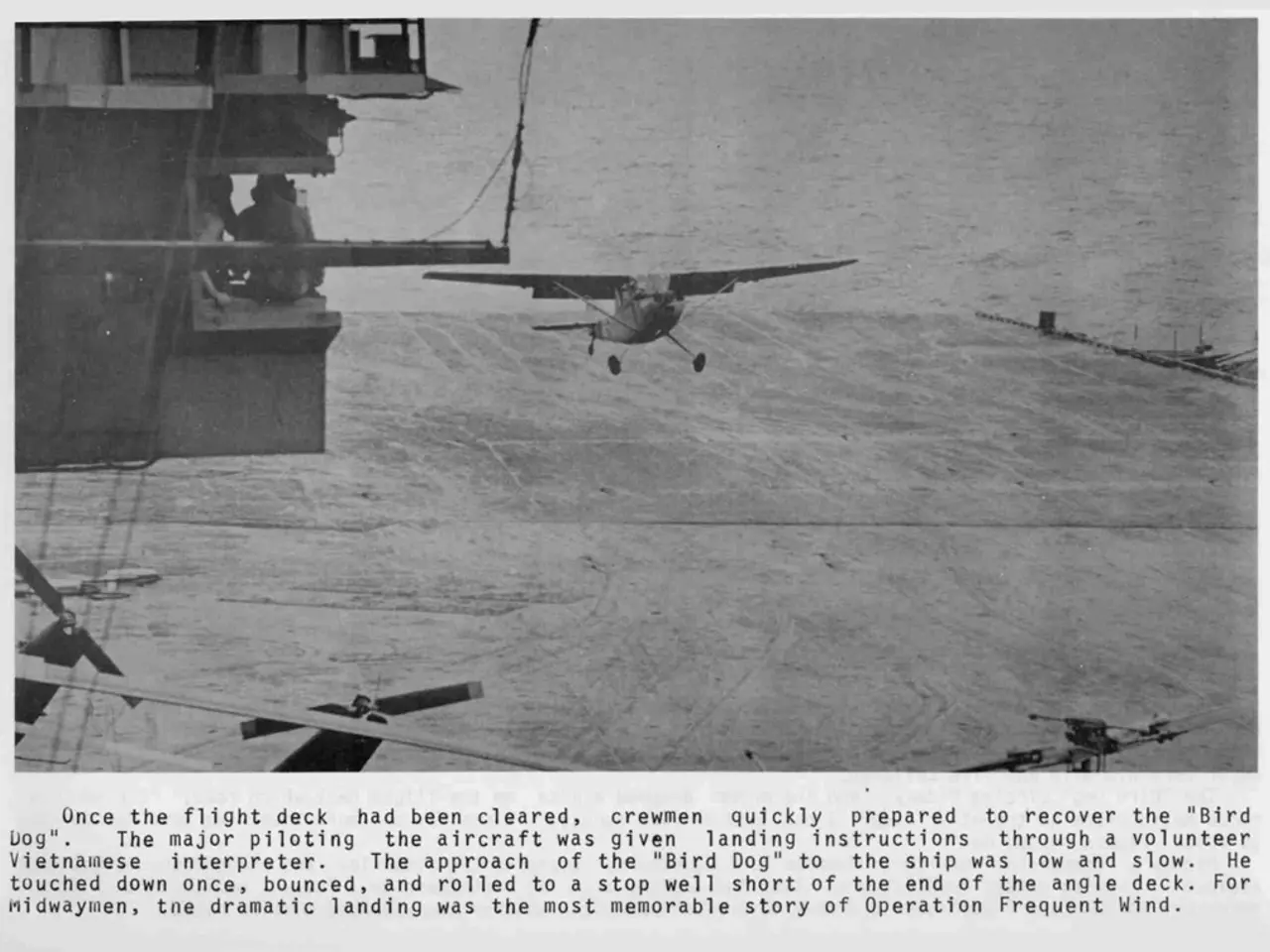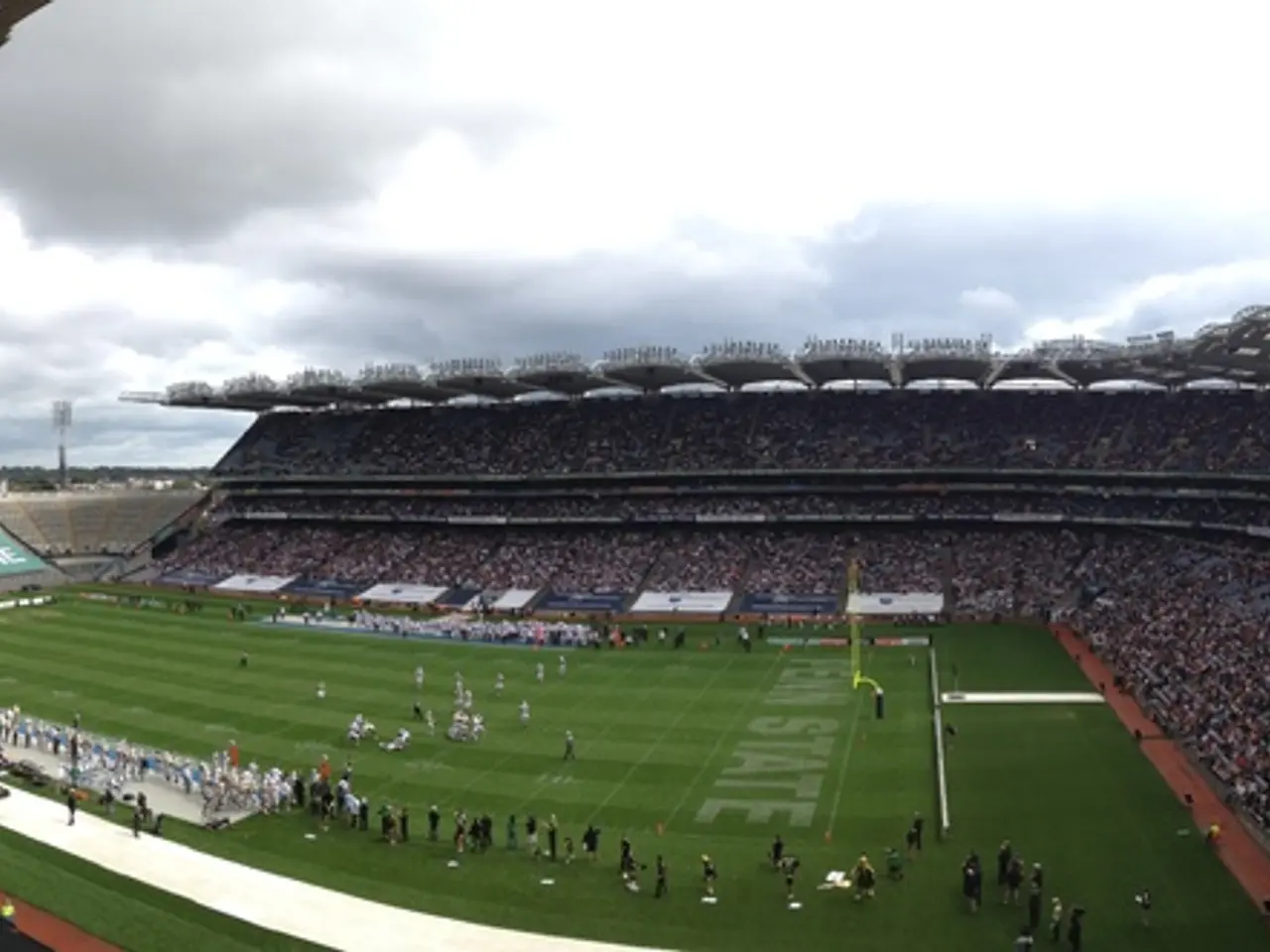Berlin Warns Iran: Talk or Risk Escalation
Germany Positions Demands Towards Iran Amid Escalating Missile Conflict
In a direct and bold statement, Germany has given Iran an ultimatum: rejoin negotiations in Geneva to discuss missile capabilities or face potential escalation. This message, delivered by German Foreign Minister Wadephul, comes at a critical juncture, as regional tensions in the Middle East continue to rise.
Wadephul emphasized that Berlin's initiative is not a solo endeavor, but a coordinated effort with the United States and major European allies. "The Americans don't just know about these talks; they're very much on board with us engaging in them," he said, highlighting the unity of Western powers pushing for Iranian engagement.
Pressure for "Sincerity and Responsibility"
In a shift from cautious engagement to pressing urgency, Wadephul emphasized that Iran must demonstrate "sincerity and responsibility" to avoid further conflict. The message underscores a broader Western effort to prevent a potentially devastating regional conflict.
Previously, diplomatic overtures have focused on maintaining a positive image. However, Berlin insists this time is different. "It's not just about optics anymore," Wadephul declared firmly. "It's about stopping the next missile before it takes flight."
Western Alliances and Strategic Coordination
This latest push for dialogue emphasizes the close collaboration among Germany, the U.S., and key European nations. Officials are concerned that Iran's aggressive military posturing and potential proxy actions could spark a wider regional conflict. By rallying support, Berlin is making it clear that Tehran's actions are being watched closely by a unified Western bloc.
Geneva, traditionally a neutral ground for complex international negotiations, has been chosen as the location for renewed dialogue. This decision serves as a reminder that diplomacy remains an option, provided all parties approach it with a realistic and open mindset.
Avoiding Escalation: Key Focus
Amid missile tests and regional proxy tensions dominating headlines, Germany's proactive move appears aimed at defusing the next potential trigger before it ignites open conflict. While Germany doesn't involve itself militarily in the region, its role as a diplomatic intermediary has grown increasingly important.
The use of the phrase "grab a fire extinguisher" in the public statement, a stark metaphor, suggests just how seriously Germany takes the risk of another flare-up. Berlin seems determined to encourage dialogue before violence escalates.
The Pathway: Diplomacy or Conflict?
Iran's response will determine the trajectory moving forward. If Tehran chooses to engage, there may still be a chance to allay regional fears and work towards de-escalation. But if it persists on its current course, Germany's message suggests Western patience may be reaching its limit.
In the days to come, attention will turn to Geneva-and whether diplomacy will be given another chance to prevail.
[1] Recent US military strikes against Iranian nuclear facilities have significantly escalated the conflict and raised regional instability.
[2] Negotiations between Germany, the United States, and Iran regarding Iran’s missile capabilities and broader de-escalation efforts in the Middle East initially began in April 2025 but were stalled following the failed 60-day deadline and subsequent Israeli attacks on Iranian missile and nuclear facilities, leading to US military action against Iran's nuclear sites.
- The escalating conflicts in the Middle East, as highlighted by the recent US military strikes against Iranian nuclear facilities, have cast a significant spotlight on the need for diplomatic efforts.
- In these tumultuous times, the ongoing negotiations between Germany, the United States, and Iran about Iran's missile capabilities and broader de-escalation in the Middle East, which began in April 2025 but were halted following certain setbacks, are gaining renewed importance and attention.






